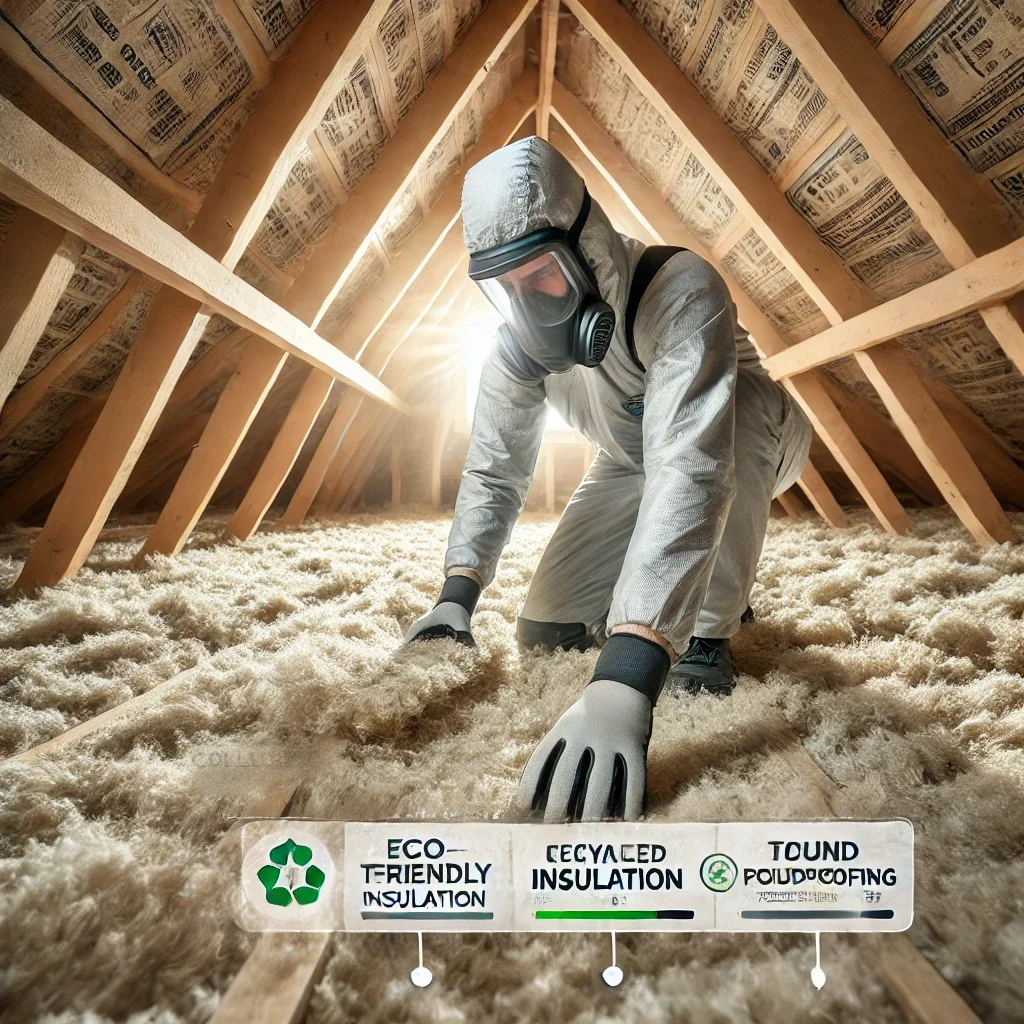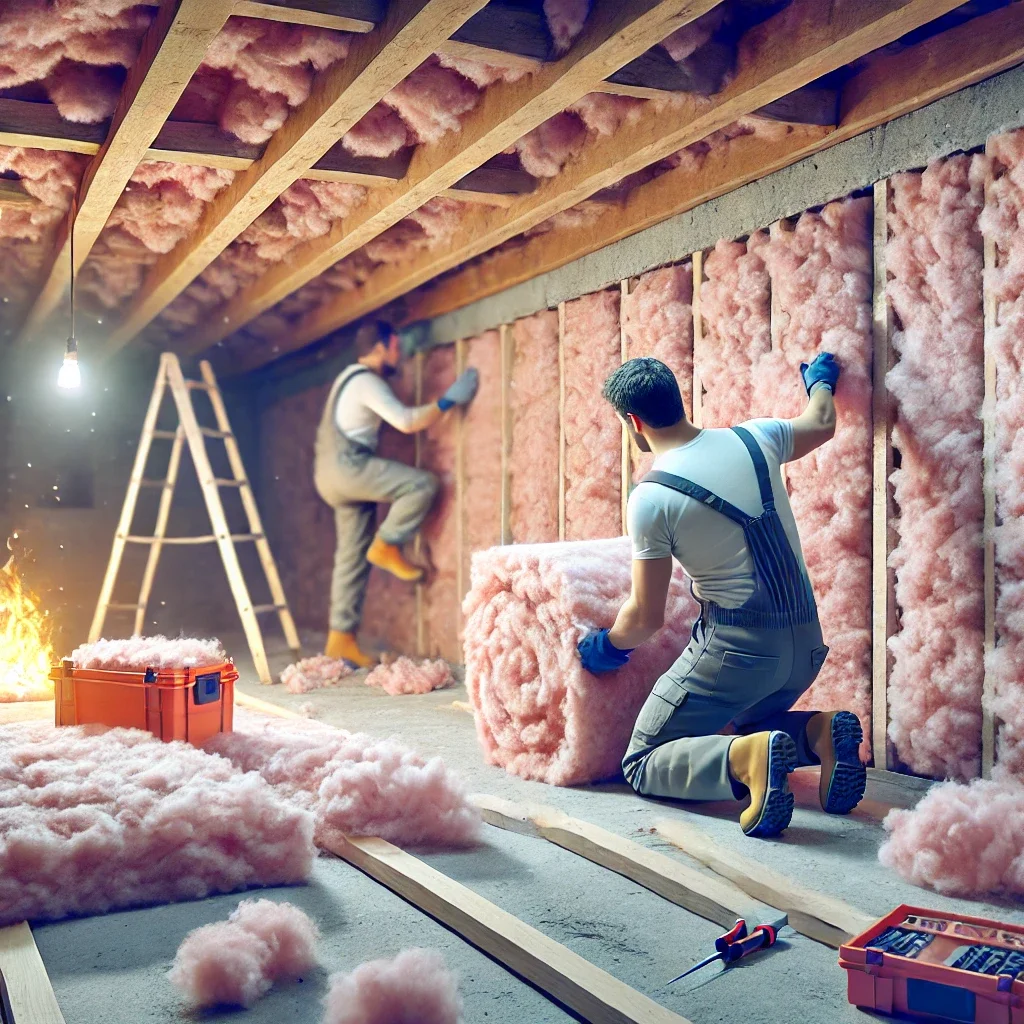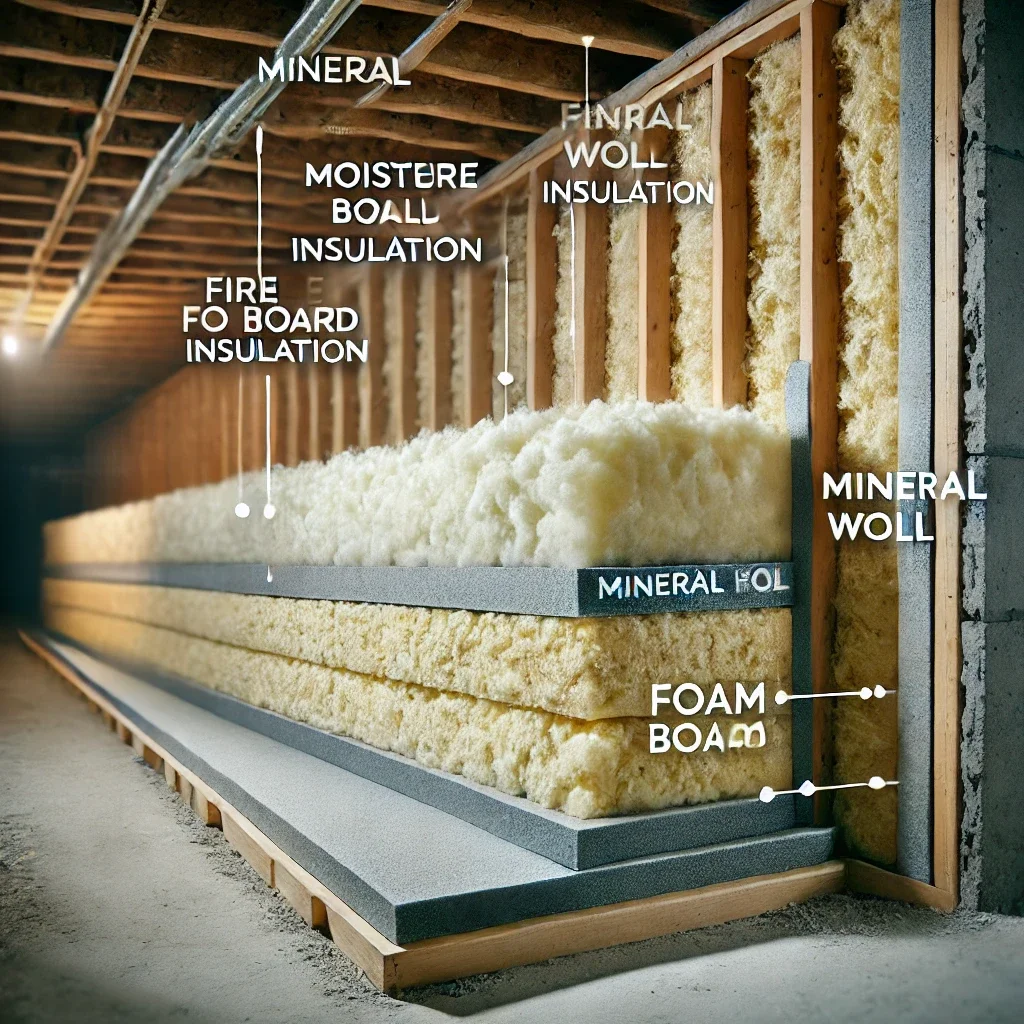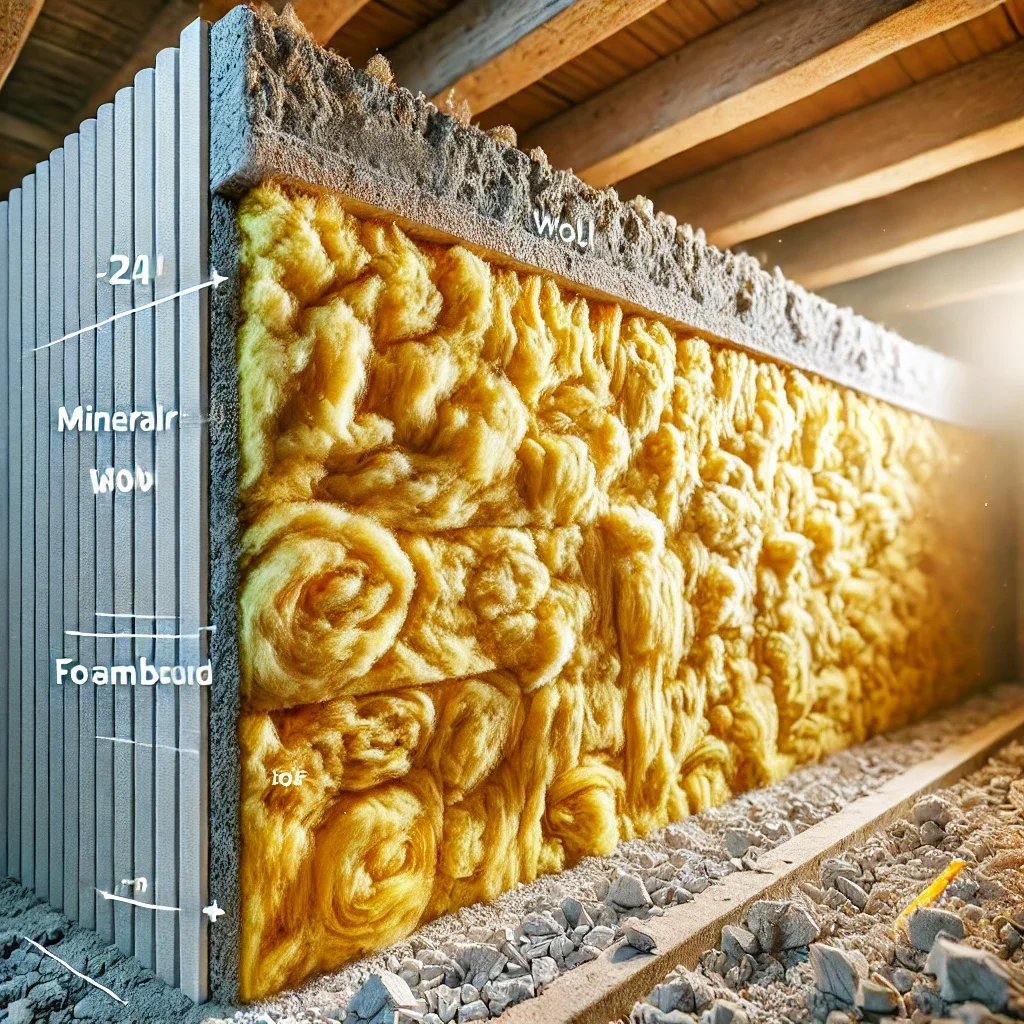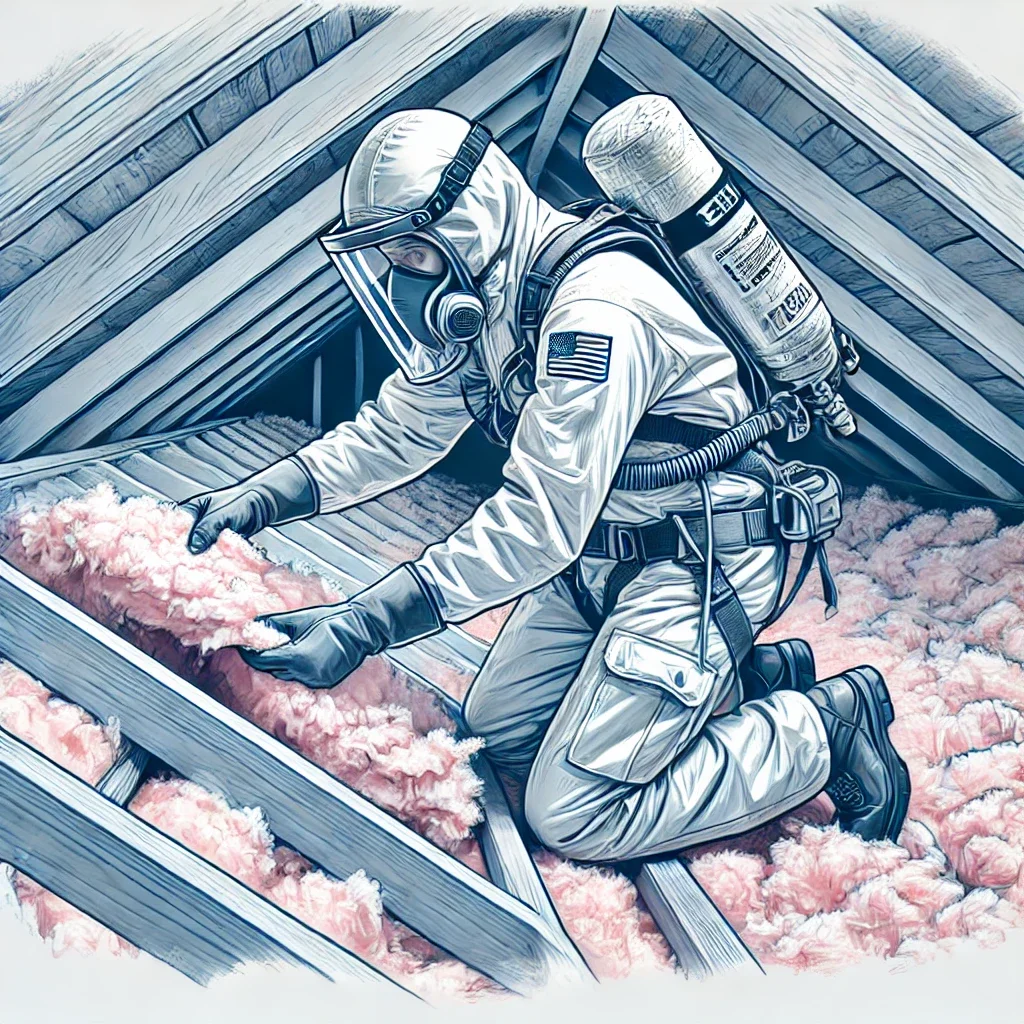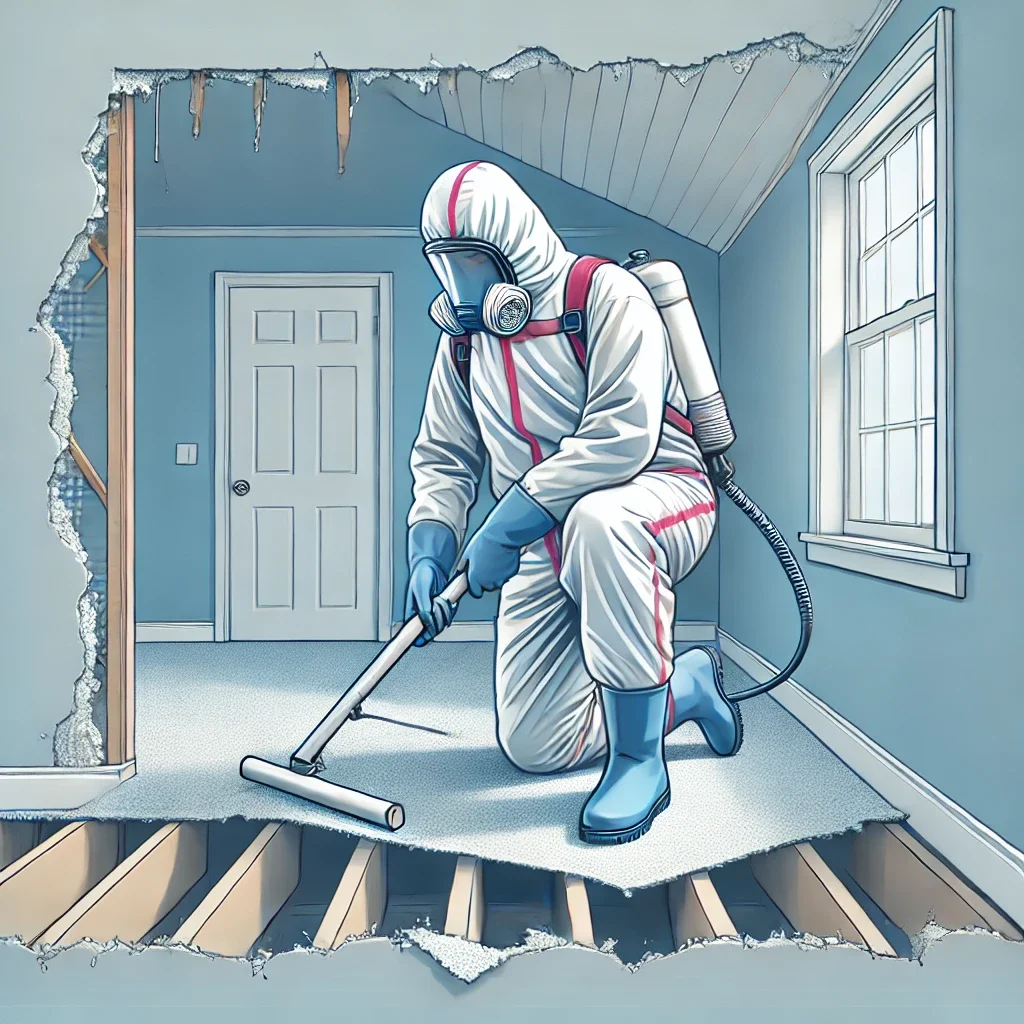Why Choose Our Ottawa Residential Insulation Services?
At R&M; Insulation, we proudly provide expert residential insulation services in Ottawa and the surrounding areas. Whether you're looking to improve your home's energy efficiency or need insulation services for your business, we're here to help. Our expert team offers personalized solutions that meet your specific needs and budget. We specialize in both traditional and modern insulation techniques to offer the best solutions for Ottawa residents.
Our process starts with clear communication. Here's how it works:
- Consultation: We schedule a consultation to discuss your project in detail and assess your needs.
- Free Estimate: We provide a free estimate, ensuring you understand the costs upfront for all our insulation services.
- Expert Recommendations: Our team guides you through the best insulation options for your home or business in Ottawa, offering customized solutions for residential insulation needs.
- Installation: Once you're ready, we schedule the installation at your convenience and complete the job promptly and efficiently, ensuring energy-efficient insulation for your home.
For clients located within Ottawa, we guarantee to provide your estimate within 24 hours. For clients outside of Ottawa, we offer flexible scheduling, allowing you to choose a convenient date for your estimate.
Free Estimate and Quick Consultation for Ottawa Residential Insulation Services
With years of experience and a commitment to customer satisfaction, R&M; Insulation ensures that every job is done right the first time. We pride ourselves on delivering high-quality results in the shortest possible time, minimizing any disruption to your daily life.
We understand that every home is unique. That's why we offer personalized consultation services to help you find the best insulation solution for your space. Whether you prefer traditional insulation methods or modern spray foam solutions, our team is here to guide you through the entire process. With our expertise in Ottawa residential insulation, you can trust that we will recommend the most energy-efficient options available.
For more details about our residential insulation services in Ottawa, visit our Services Page.
If you have any questions, feel free to check our FAQ Page for answers to commonly asked questions about insulation services in Ottawa.
You can fill out the form below to get in touch with us and request your free estimate. We look forward to assisting you with your insulation needs in Ottawa!
